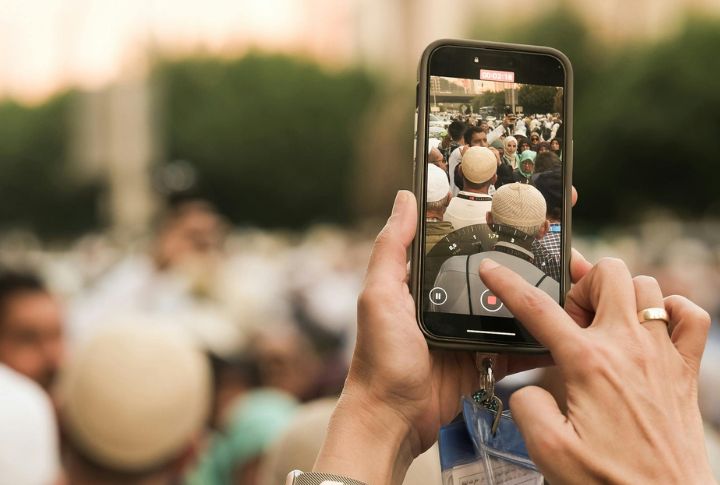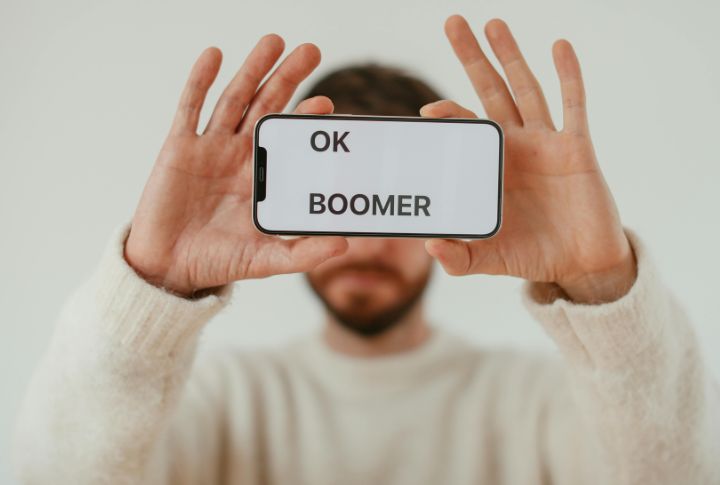
It’s strange how easily a feed can tilt moral judgment without a direct command. A post stings, another post softens the blow, and soon your instincts shift in ways you never planned. If you’ve caught yourself reacting faster or harsher online, you’re the audience this breakdown speaks to. Keep reading.
Public Shaming As Justice

Nobody expects a crowd to act like a courtroom, yet social media treats shaming that way. One heated thread can cost someone a job or push them offline entirely. Some police pages post arrest photos before convictions, and small mistakes have produced fallout as serious as felonies.
Algorithmic Morality

Ever wonder why certain moral debates feel impossible to avoid? Algorithms choose which issues rise and which disappear. This selective visibility quietly shapes judgment, and users follow those cues without noticing how much the feed influences their sense of right and wrong.
Confession As Content

A moment that once required a private conversation now appears as an online apology. People post admissions to ease backlash, but the reaction rarely stays simple. Strangers jump in, praise competes with criticism, and the apology becomes part of a larger public performance.
Digital Forgiveness Thresholds

What happens when mistakes never disappear? Online, the rules for earning forgiveness feel vague because every misstep stays searchable. People delete posts or attempt complete cleanups, yet the traces remain. Even heartfelt apologies compete with permanent records that keep the original wrongdoing alive.
Virtue Signaling As Moral Proof

Think of the moment someone announces a righteous stance just to show they hold the “right” view. Social media rewards displays of approval, which encourages people to show it even more. Sometimes the show replaces genuine involvement, and support turns into something that looks meaningful without real action.
Anonymity And Moral Evasion

Nothing changes behavior faster than a hidden identity. Without their name attached, people insult, shame, or provoke because no one can hold them responsible. That lack of accountability shifts the upstanding tone online and encourages choices they reject in real-world interactions.
Memetic Morality

Instead of long debates, a meme can shrink a genuine issue into a single joke or slogan. That shortcut travels fast and shapes opinions before nuance appears. Some memes also target young kids, turning principled criticism into quick-fire ridicule at someone else’s expense.
Cancel Culture As Moral Enforcement

Picture a crowd deciding someone crossed a respectable line and backing away all at once. Social platforms make that reaction spread with incredible speed. Regular people get swept into it, too, and even small misunderstandings have cost them jobs, relationships, or important opportunities.
Moral Relativism By Global Exposure

Different moral codes collide the moment users interact across countries and cultures. This mix disrupts old assumptions about acceptable behavior. Heated arguments reflect those cultural gaps, and repeated exposure to unfamiliar viewpoints sometimes pushes people to adopt new ethical positions altogether.
Empathy Inflation

Strong emotions surge across platforms at incredible speed. Sympathy rises, outrage follows, and users feel pressure to match the tone around them. The attention rarely lasts long, though. A new issue arrives, and the previous moral focus fades before anyone processes what happened.

